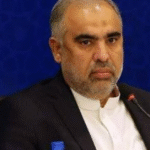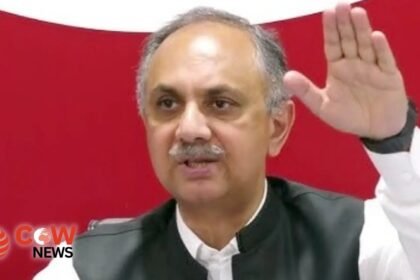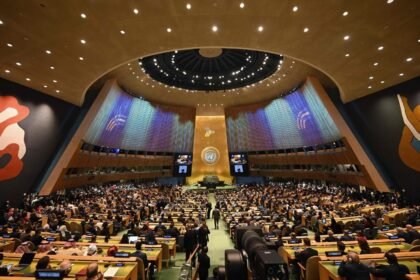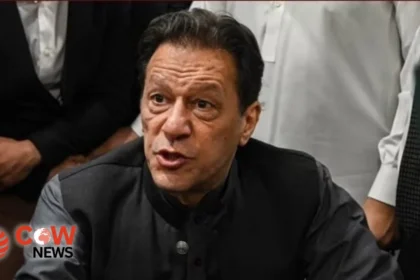Pakistan’s early exit from the T20 World Cup has highlighted the country’s cricketing woes. The team’s inconsistency and lack of stability stem from issues within the playing camp and the Pakistan Cricket Board (PCB). Since 2022, the PCB has seen five chief selectors come and go, and the team has had multiple captains and coaches. This constant change hinders long-term planning and prevents leaders from implementing their tactics.
The PCB’s focus on finding scapegoats rather than addressing systemic issues has led to a culture of blame-shifting. Players have publicly criticized the captain, and then returned to the team without resolution. The domestic setup also requires scrutiny, with questions raised about the structure, pitches, and player development.
Gary Kirsten’s report on the T20 World Cup identified players’ fitness, discipline, and game awareness as key issues. However, these problems are symptoms of a larger crisis. Pakistan’s cricketing system lacks stability, and the constant changes have hindered player growth. The comparison between India’s Shubman Gill and Pakistan’s Ali Zaryab highlights the disparity in player development.
The PCB must address these issues to restore Pakistan’s cricketing fortunes. This requires a concerted effort to establish a stable and accountable system, with a focus on long-term planning and player development.
#PakistanCricket #Instability #T20WorldCup #PCB #CricketReform







